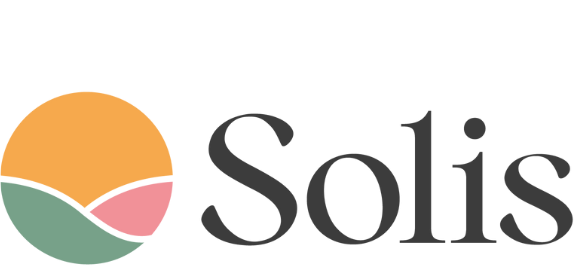
Breast cancer is the most commonly diagnosed cancer in women in Singapore. While there are certain risk factors/symptoms that may cause one to be more aware, no one can tell if, or when, breast cancer (or cancer in general) may occur.
When something life impacting like breast cancer is confirmed, most people are left feeling despondent and may take some time to overcome and accept the condition.
We speak with Nahoko Kodama on her breast cancer diagnosis and what has helped her greatly in her journey to “come back like a phoenix”.
What kind of breast health issue did you face?
I was diagnosed with triple positive stage 2 plus breast cancer.
How did you discover it?
I felt a lump in the right upper chest and I was feeling a little pain for a few months as well.
What was your biggest revelation after you were diagnosed?
There were no major surprises, as the doctors told me very calmly. It was like I knew it.
What is one thing you wish you knew before you started treatment?
I [wished I knew] more about the type of cancer I had, its progression, treatment options, duration of treatment and side effects.
What has the journey of dealing with or managing this issue been like for you?
It was a tough journey, of course, but I accepted the fact that it was important to keep the energy to carry out the chemotherapy until the end of treatment. To achieve this, I decided to continue exercising (yoga) to maintain my fitness and also to continue with ballroom dance lessons, which I had been taking for a long time. After my treatment, I was determined that I would definitely take part in a dance competition, and my dance teacher in Russia supported me with messages every two weeks. I feel that his encouragement, combined with my enthusiasm for dance, was a major factor in my overcoming the chemotherapy.
Before this cropped up, what was your attitude toward breast health?
There was recognition that breast cancer can be self-checked and that early detection is very important.
Did this journey change that attitude?
This idea has not changed. I have a check-up with a specialist every six months, as I am currently on medication. And I have become more careful with my food than before. Vegetables are basically organic; I take more protein and I regularly take Chinese herbal supplements to keep my blood healthy.
What do you think women in general feel about breast health?
In general, I think that almost half of women feel that breast cancer screening is necessary, but they are too busy or something and don’t get regular check-ups. Basically, I think it is also common to think that you don’t get cancer.
What are your thoughts when it comes to general awareness/education in this area?
Unless you or someone around you has cancer, you will not understand the difficulty and the seriousness of cancer treatment. At times, it may be avoided as a topic you don’t want to see or hear about. It is necessary to make sure that people are aware of the fact that early detection means a shorter treatment period and a smaller burden.
What advice would you give women about breast health?
First, make it a daily routine to check your breasts for any abnormalities by self-checking every day. Although there is an overlap, regular breast cancer screening should always be carried out. If you are found to have breast cancer, accept the facts unhesitatingly and submit yourself to treatment by trusted doctors. Decide what you want to do first when your treatment is over and your health is restored, so that you can be motivated to complete your treatment. Encourage yourself to say, “I will come back like a phoenix.” The breast is a woman’s most beautiful organ. Tell yourself that you must cherish that treasure for the rest of your life.
It is never too late to start taking care of your #breasthealth.
Find out how you can reduce your risk of developing breast cancer here.



